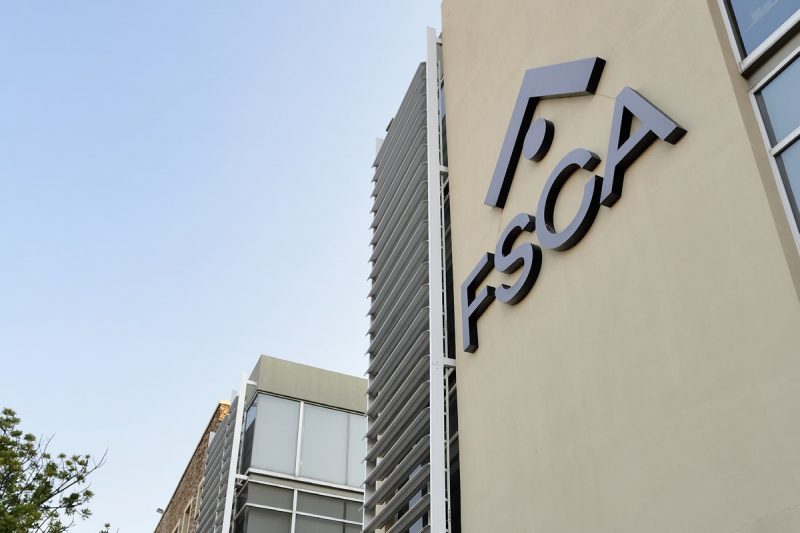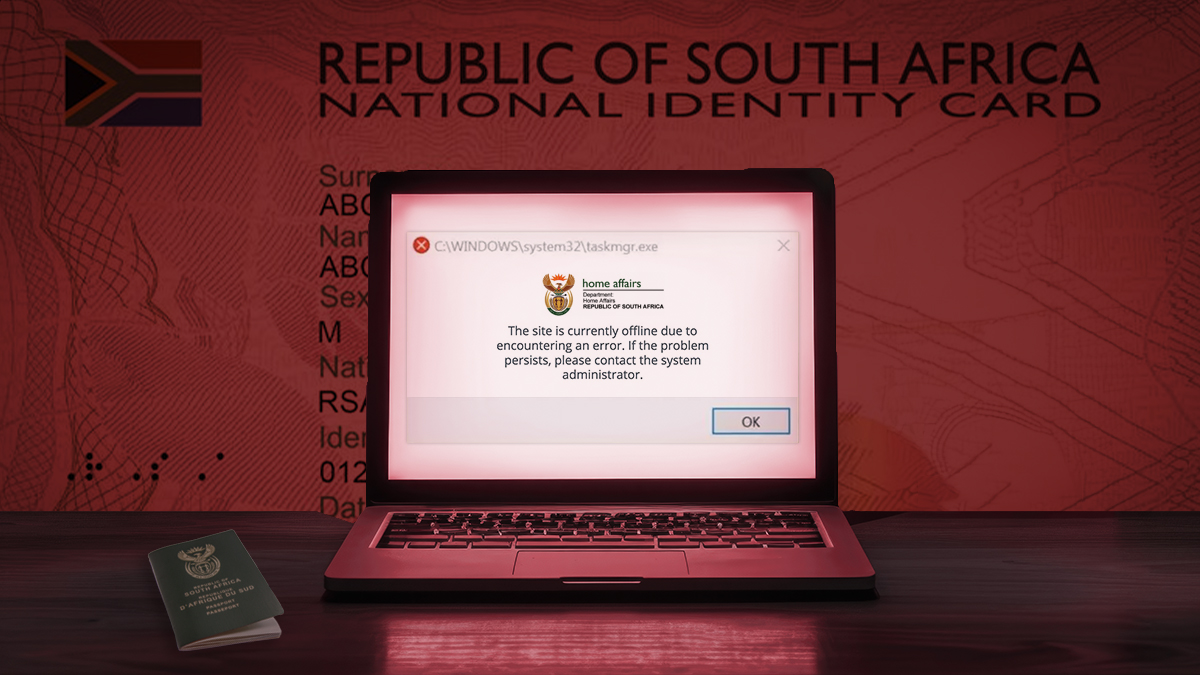Warning to people who want to launch or promote memecoins in South Africa

The Financial Sector Conduct Authority (FSCA) says that although creating a memecoin may not necessarily be unlawful in South Africa, many activities surrounding them are regulated and require a financial services licence.
A memecoin is a type of cryptocurrency that is inspired by Internet memes, jokes, or cultural references. Dogecoin is an early example of a cryptocurrency based on an Internet meme that was also created as a satirical critique of crypto.
MyBroadband asked the FSCA and the Regulatory Guidance Unit of the Intergovernmental Fintech Working Group (IFWG) for feedback on the subject following the launch of $TRUMP and $MELANIA.
The official memecoins of Donald Trump and his wife Melania were released on the Solana blockchain in the days leading up to Trump’s inauguration for a second non-consecutive term as U.S. president.
Trump and his wife promoted the launch of the crypto assets on social media, causing the token prices to rise sharply before crashing down.
Since then, Argentinian president Javier Milei has been embroiled in a controversy after endorsing the launch of a memecoin called Libra.
Milei posted the memecoin’s promotional description on Twitter/X, claiming it would encourage the growth of the Argentine economy by funding small Argentine businesses and startups.
He soon deleted the post and denied being linked to the project. “I was not aware of the details of the project, and after informing myself, I decided not to continue promoting it,” Milei stated.
Scam investigator Stephen Findeisen, better known as Coffeezilla, published an exposé following the incident, presenting evidence that insider trading was rife in memecoin launches.
Findeisen showed that the same company handled the Libra and $MELANIA launches. His report also featured witnesses alleging that many of those involved knowingly used their privileged access to perpetrate a “pump and dump” scam.
When asked about South Africa’s regulatory position on memecoins, the FSCA said it could only provide a response for general informational purposes that must not be construed as legal or regulatory advice.
The FSCA said its feedback did not constitute a binding regulatory position, and that it reserved the right to amend or update its stance based on market developments and further regulatory considerations.
“Entities and individuals engaging in financial services related to crypto assets are encouraged to seek independent legal and compliance advice regarding their specific obligations under applicable laws,” it said.
Memecoins are a financial product

With the disclaimer out the way, the FSCA explained that it declared crypto assets a financial product under the Financial Advisory And Intermediary Services (FAIS) Act on 19 October 2022.
“The effect of this declaration is that any person furnishing advice or rendering intermediary services in relation to crypto assets must be authorised a financial service provider (FSP), or be appointed as a representative of an authorised FSP.”
The FSCA said memecoins clearly met the definitions of “crypto asset” as set out in its 2022 declaration, as they represented value that can be stored and traded for payment purposes while using cryptographic and distributed ledger technology.
“It is important to note that the FAIS Act does not regulate financial products themselves but rather the services and advice related to these financial products, in this case, crypto assets,” it stated.
The FSCA explained that financial services consist of two key components under the FAIS Act:
- Advice — Any financial recommendation, guidance, or proposal furnished to a client regarding financial products or transactions.
- Intermediary services — Any act performed on behalf of a client or product supplier that results in a client entering into a transaction in respect of a financial product.
“The definition of intermediary services under section 1 of the FAIS Act is broad and captures various activities,” the FSCA said.
These include buying, selling, managing, administering, or servicing financial products on behalf of a client.
“If any of these services are performed concerning a crypto asset, the service provider would be required to submit a licence application.”
However, the issuance of crypto assets itself is not regulated under the FAIS Act. The regulation applies to financial services performed in relation to crypto assets.
“If a token issuer renders financial services related to the crypto asset it issues, the issuer must be licensed under the FAIS Act,” the FSCA reiterated.
































